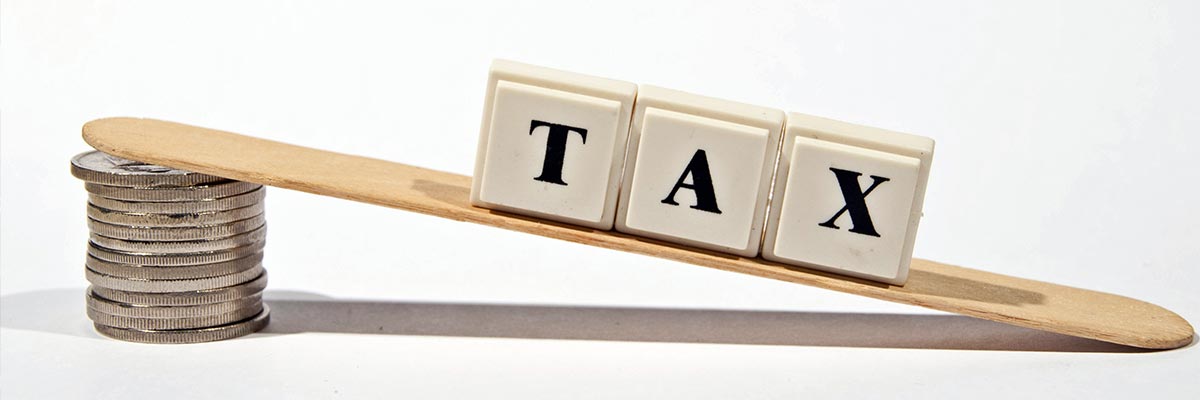
Understanding tax on income and SMSFs
SMSFs are subject to income tax but receive concessional treatment if they are complying funds. A complying SMSF’s taxable income is generally taxed at a rate of 15%, compared with 45% for a non-complying fund. Obviously most people run a complying fund, which just means that the fund must follow the super rules in the legislation.
The most common types of assessable income for complying SMSFs are:
- assessable contributions
- interest, dividends and rent
- net capital gains.
However, certain types of SMSF income are taxed at much higher rates:
- non-arm’s length income is taxed at 47%
- no-TFN contributions are taxed at 49%
- concessional contributions above the concessional cap are taxed at 49%.
A complying SMSF is entitled to claim deductions for expenses, such as the supervisory levy and auditor fees, that are incurred in gaining or producing assessable income.
So, let run through the rates ….
15% tax
As mentioned above that rate applies to the most assessable income of an SMSF. Of course you can deduct certain expenses against the fund’s income
10% tax
This is not a real tax rate for an SMSF but you’ll hear people talking about capital gains tax (CGT) in a super fund being 10%. This is a colloquial interpretation of how CGT applies in an SMSF.
When an SMSF makes a capital gain, it must calculate the “net capital gain” and include that amount in it’s assessable income. This is taxed at 15%.
However where a fund has owned an asset for more than 12 months, the fund can apply a “general discount” which reduced the gain by one-third. Effectively, this means that in the end, a capital gain on such an asset is tax at a 10% rate.
0% tax
Again this is not a real tax rate.
This describes the tax free environment that exists for income earned from investments that are used to support pensions being paid to SMSF members. Once you start a pension, the income from the assets that are “put in pension phase” is exempt income. Effectively zero tax!

